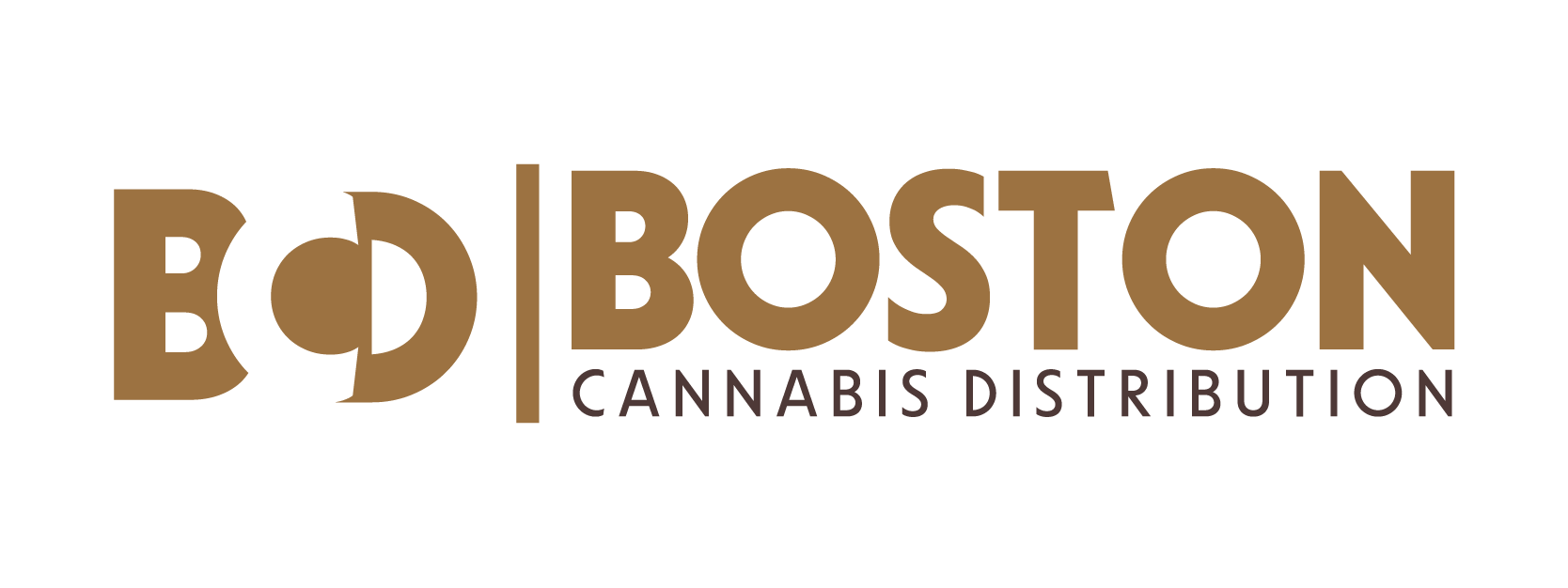Cannabis distribution companies serving the Greater Boston area are increasingly finding themselves in a thicket of legal constraints, cultural friction, and logistical challenges that demand strategic innovation—and often heavy investment.
Legal and Regulatory Quagmire
Despite legalization, cannabis remains federally classified as a Schedule I controlled substance. That status not only prohibits interstate transport but even complicates intrastate deliveries in some cases. Enforcement remains inconsistent. For instance, transporting cannabis across Boston Harbor to nearby islands such as Martha’s Vineyard faced outright prohibition under federal waters—until an administrative order in June 2024 finally allowed it. Even so, Boston area distributors must contend with the Cannabis Control Commission’s (CCC) inconsistent rule-making and enforcement pace.
At the same time, Massachusetts enforces vertical integration for medical cannabis distribution. Distributors must own cultivation, processing, and retail operations—a requirement that recreational operators don’t face. That adds operational complexity and discourages smaller distributors.
Logistics: More Than Just Trucks
Boston’s urban density and fragmented licensing regime compound distribution headaches. Companies must generate detailed manifests, navigate strict packaging and transportation protocols, and secure licensed drivers and vehicles—often for each city and town they enter.
Intrastate, multi-jurisdictional complexity is steep. Massachusetts allows some third-party distributors, yet each municipality may impose distinct bylaws or moratoriums—Boston included—requiring unique community host agreements and impacting route planning.
Moreover, logistics platforms report challenges aligning order data with delivery logistics in real time. Efficient manifest management and on-demand deliveries are technically possible—but costly, and require investment in compliant tech stacks.
Cultural and Equity Imperatives
Boston is a diverse market with strong advocacy for social equity in the cannabis industry. However, CCC data shows persistent underrepresentation of equity applicants in leadership and distribution roles. Meanwhile, the CCC has extended delivery license exclusivity to social equity applicants into 2026, a move aimed at building capacity—but one that also puts pressure on general market players to collaborate with equity-focused firms or risk exclusion.
Cultural acceptance is not universal; many Boston suburbs still enforce local bans or moratoriums on cannabis retailers, limiting where distributors can serve and requiring constant municipal compliance monitoring.
How Distributors Are Responding
In response, Boston-area distributors are:
- Forming strategic partnerships with CCC-recognized equity operators to jointly apply for delivery licenses and share logistics resources.
- Investing in tech platforms that automate manifest creation, real-time route mapping, and compliance documentation, reducing the cost of labor-intensive back-office work.
- Joining industry coalitions to press for legislative reform—such as reforming vertical integration mandates and simplifying intrastate delivery rules.
- Piloting hybrid distribution models, like hub-and-spoke fulfillment centers near Boston suburbs, allowing last-mile deliveries in compliance with municipal zoning and host-community rules.
Outlook
Still, persistent federal prohibition means no quick fix. Distributors continue to lobby for federal rescheduling, smoother CCC processes, and limits on local bans. Until then, Boston’s cannabis distribution companies will need nimble legal strategies, cultural partnerships, and robust operational setups to stay viable in a fragmented, evolving landscape.

